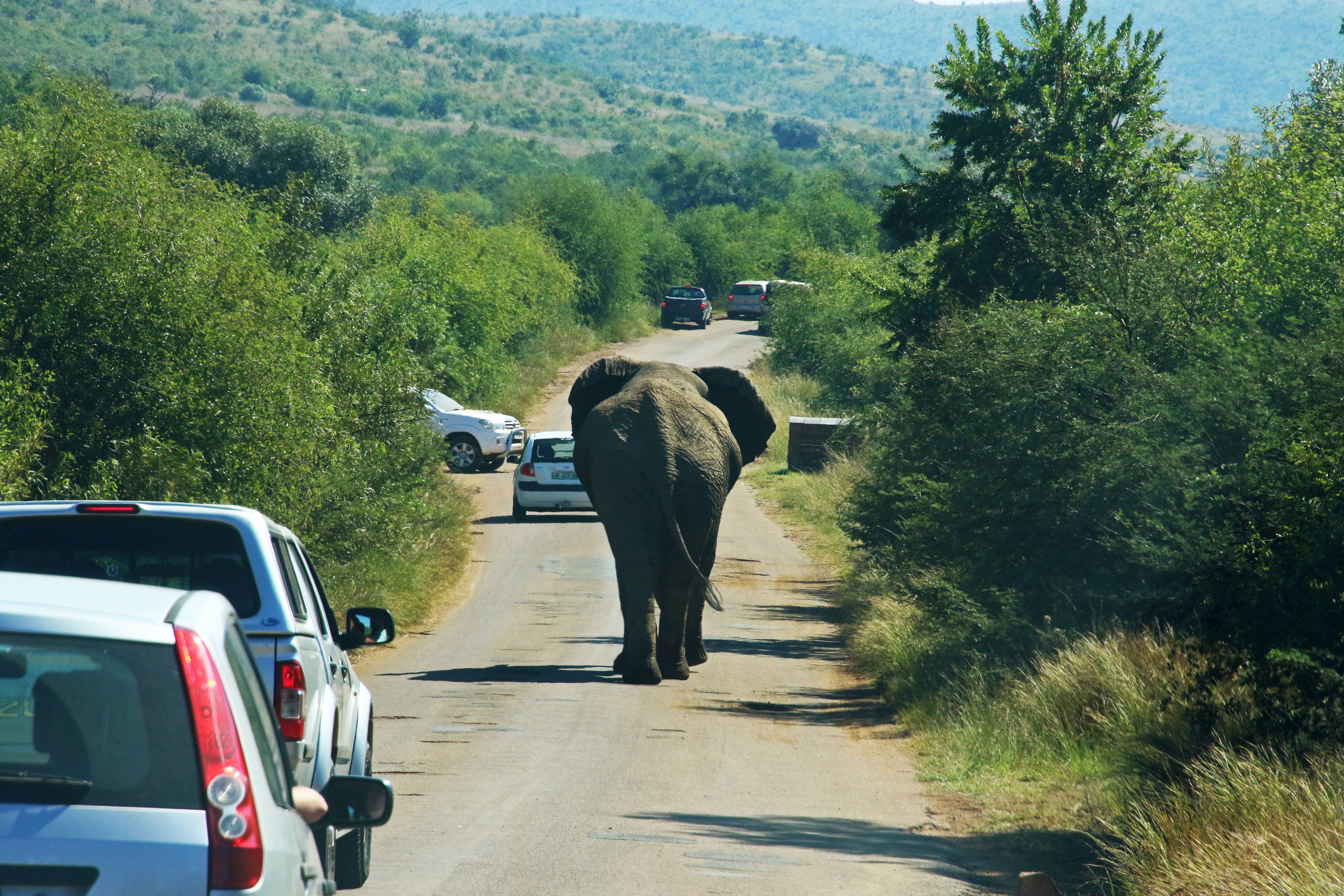Elephant on the Road: How do deep models handle the unexpected?
Description of a student project at the S3 Summer school 2023.
About
Deep models are computing systems designed to imitate the function of a human brain. They are usually trained on large amounts of data to perform different types of statistical analysis. They have shown tremendous potential for application in many different fields such as image analysis, text analysis, or medicine. Still, the good performance of deep models in controlled environments might not necessarily translate to their success in real-world settings. Take, for example, deep models intended for autonomous driving. They will most likely be trained to recognize the most common elements of driving scenes, such as cars, people, road tracks, etc. So, what happens if an elephant suddenly appears in front of the car? Our models can only classify it into one of the known classes. We could modify our training data to include elephants, but ultimately it is impossible to foresee every possible scenario. The next best thing is to equip deep models with the ability to say they do not know the correct answer. This ability of deep models to recognize potential failure is critical for their safe deployment in real-world applications.

In this student project, we will train simple image classification models, test their performance on expected inputs, and see how they respond to unexpected data. We will discuss potential methods for detecting model failure and see how we can compare different models with respect to their ability to detect anomalies. We will look at possible modifications to the model and training procedure that increase robustness to unusual input. Finally, we will combine the acquired insights to produce better classification models.
When and Where
The student project will be a part of the S3 Summer School in Požega, Croatia, from July 23rd to August 2nd.
Who
This project will be led by Petra Bevandic, a researcher and teaching assistant at the Faculty of Electrical Engineering and Computing at the University of Zagreb. Her research is in the field of image analysis, primarily of road driving images. She focuses on improving model robustness for real-world applications.
Expected outcomes
During the course of this project, students will get acquainted with the fundamental concepts of deep learning and learnt the basics of programming in Python. The students will get the chance to put their newfound knowledge into practice by tackling problems on synthetic and real-world data. Furthermore, the students will create their own dataset for image classification to get more insignt into the challenges of good dataset design. You can access Python notebooks, presentations, and the students' dataset here.